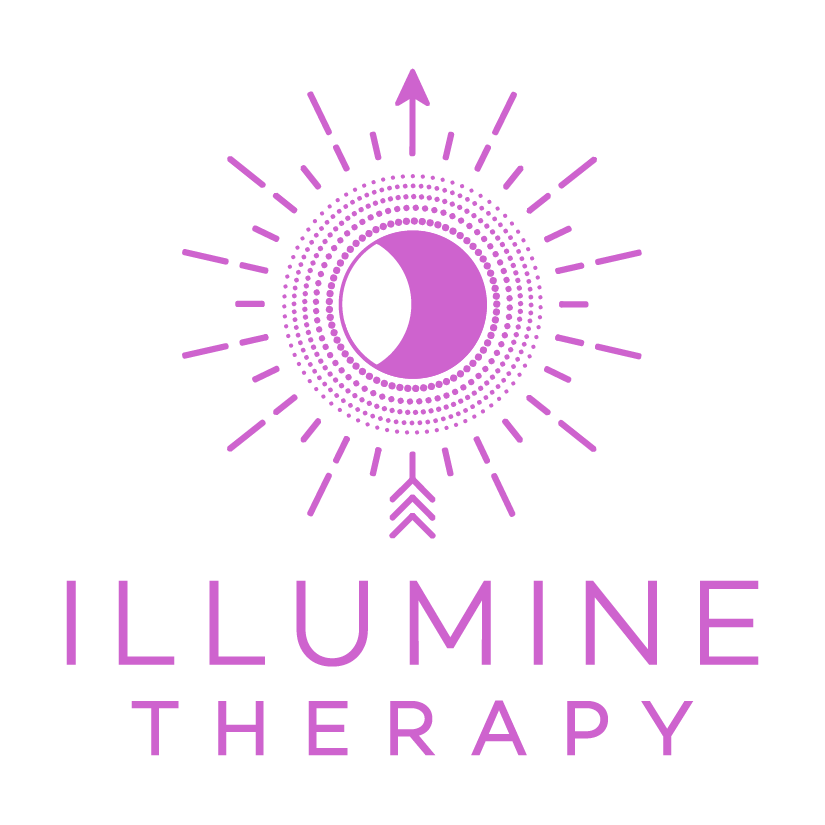What is relational trauma? (4/5)
Relational trauma is a type of trauma that occurs within the context of a relationship. It can be caused by a range of experiences, such as neglect, emotional abuse, or betrayal. It can occur within any type of relationship. Including romantic partnerships, family relationships, or friendships. Relational trauma can have a profound impact on a person's sense of self. Their ability to trust others or themselves, and their ability to form and maintain healthy relationships.
In childhood, relational trauma, also considered attachment trauma in early childhood, can show up between parent and child. Proximate separation is a term used to discuss this. It is when the parents are present but emotionally absent, not meeting their child’s emotional needs. Lack of emotional attunement between parent and child can have long-lasting impacts.
Relational trauma can be subtle and consistent for a long period of time. This can erode someone's sense of self and safety and security in relationships. I have many clients who come to me for childhood trauma and have experienced relational trauma. Feeling dismissed, emotions are ignored, parents being too busy to attend to their needs, the child having to attend to the parent’s needs, and a sense of raising themselves are a few examples.
Effects of Relational Trauma
Difficulty Trusting Others: Relational trauma can make it difficult to trust others, as it can lead to feelings of betrayal and a sense of insecurity in relationships.
Impact on Mental Health: Relational trauma can lead to a range of mental health problems, including depression, anxiety, and post-traumatic stress disorder.
Physical Health: Relational trauma has been linked to a range of physical health problems, including chronic pain, autoimmune disorders, headaches, fatigue, and insomnia.
Impact on Relationships: Relational trauma can make it difficult to form and maintain healthy relationships. For some individuals, relationships can create a lot of anxiety while others want to avoid relationships at all costs. It can lead to trust issues, emotional dysregulation, and difficulty with intimacy. It can also lead some to be in similar unhealthy relationships over and over again, never feeling like they can break the cycle.
Tips for Healing from Relational Trauma
Seek Professional Help: Healing from relational trauma can be a complex and difficult process. Seeking professional help from a therapist or counselor who specializes in trauma can be a helpful first step.
Develop Coping Skills: Developing coping skills such as meditation, exercise, and breathing techniques can help regulate emotions and manage stress.
Build Healthy Support Systems: Building supportive healthy relationships with friends and family members who are safe can provide a corrective experience. It can be a helpful way to receive emotional support and encouragement.
Practice Self-Compassion: It's important to treat yourself with compassion and understanding as you work through the effects of relational trauma. This can include practicing self-care, self-forgiveness, and self-love.
Take Steps Toward Building A Sense of Self: Taking steps can include setting achievable goals, learning new skills, and seeking out new experiences that help to build self-esteem and confidence.
If you've experienced relational or attachment trauma there is a lot of support and steps you can take. Start small, connect with those that are safe, and begin to build trust and confidence in yourself. If you need support reach out today as a trauma therapist in Ogden, Utah I can help or help find someone who can.

